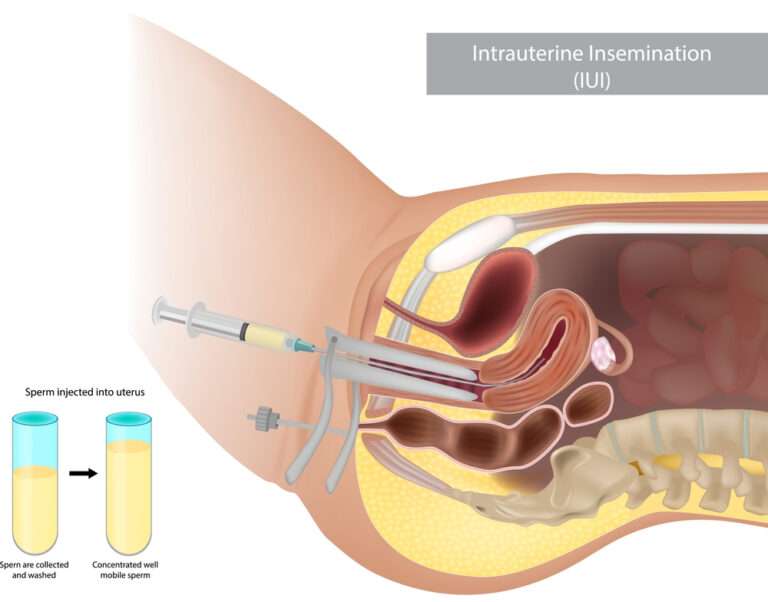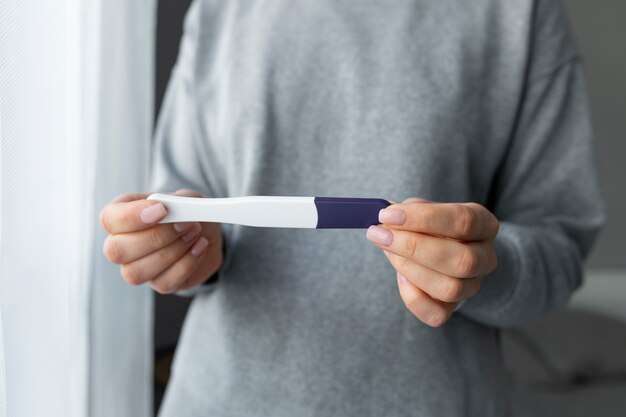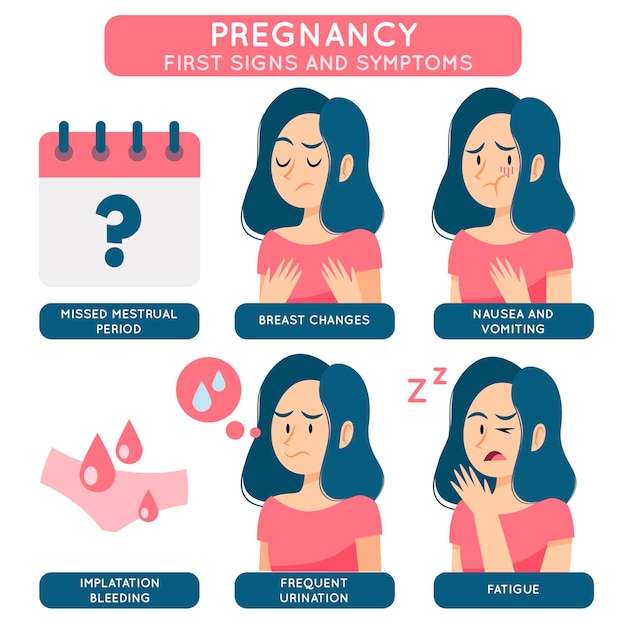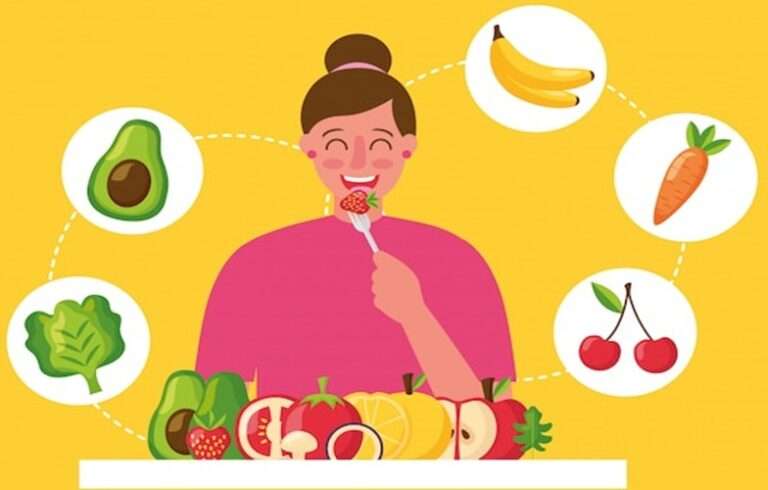Embarking on the journey of Intrauterine Insemination (IUI) can be a time filled with hope and anticipation, especially during the critical phase of “7 days post IUI.” A mix of emotions and questions often marks this period. As you navigate this crucial time, understanding what to expect and how to manage your well-being is vital.
Dr. Mohit Saraogi, an esteemed infertility specialist at Saraogi Hospital, renowned as one of the best IVF centre in Mumbai, emphasizes the importance of physical and emotional care during this period.
With his extensive experience and compassionate approach, Dr. Mohit Saraogi, widely recognised as one of the best IVF doctors in Mumbai, guides patients through the nuances of post-IUI care. He offers insights into symptom management, emotional support, and lifestyle adjustments that can enhance the chances of a positive outcome.
This blog aims to address the common concerns you might have during the “7 days post IUI” phase. We’ll explore what symptoms to expect, how to differentiate between normal and concerning signs and ways to foster a supportive environment for your emotional health.
First, let’s explore what exactly happens during this critical time:
What Happens 7 Days After IUI?
Seven days after Intrauterine Insemination (IUI), a critical phase of the fertility process unfolds. At this stage, the fertilized egg, if conception has occurred, heads towards the uterine lining. This journey is pivotal for implantation. It is a process where the egg attaches itself to the uterus. It’s a hopeful time for many, as implantation is crucial to a successful pregnancy.

During this period, individuals may experience various symptoms. Some report mild cramping or spotting, which can be signs of implantation. However, it’s crucial to note that not everyone experiences these symptoms. Statistics show that about 20-30% of women undergoing IUI report such symptoms, though they aren’t definitive indicators of pregnancy.
The absence of symptoms does not rule out a successful implantation. Ultimately, a pregnancy test, typically taken around two weeks post-IUI, is the most reliable way to confirm if the procedure has been successful.
Schedule a consultation with Dr. Mohit Saraogi today for personalized guidance on IUI treatment in Mumbai.
Understanding symptoms is key. So, let’s delve into what you might experience:
What are the Common Symptoms 7 Days Post IUI?
Seven days after undergoing IUI, individuals often experience a range of symptoms that can vary in intensity. These symptoms are not only physical but can also be emotional, as the wait for potential pregnancy signs can be an anxious time.
Implantation Spotting:
Approximately 20-30% of women may notice light spotting. It is a sign of embryo implantation in the uterine lining.
Breast Tenderness:
Hormonal changes post-IUI can cause breast soreness or tenderness in many women.
Mild Cramping:
7 days after IUI cramping is experienced in about 15-25% of women. It is common and often mistaken for early signs of pregnancy.
Fatigue:
Increased levels of progesterone post-IUI can lead to fatigue. It occurs in a significant number of women.
Mood Swings:
The emotional toll of the IUI process and hormonal fluctuations can result in mood swings in some individuals.
Bloating:
Hormonal changes can also cause bloating. It is a symptom reported by a subset of women undergoing IUI.
“7 days after IUI symptoms can be similar to premenstrual symptoms and do not definitively indicate pregnancy,” explains Dr. Mohit Saraogi, a leading infertility specialist in Mumbai.
“For accurate results, it is better to wait for a pregnancy test about two weeks post-IUI.” “Consult a healthcare professional for more detailed information and guidance,” he advises.
Experiencing unusual symptoms? Contact us for a consultation to ease your worries.
But that’s not all; let’s consider how to boost your chances of success:
How Can You Maximize the Chances of Success During This Period?

Maximizing the success rate of an IUI procedure involves a combination of medical guidance and lifestyle adjustments. Here are some key strategies:
- Follow Medical Advice: Adhere to instructions provided by healthcare professionals. This includes taking prescribed medications and attending follow-up appointments. Research indicates that compliance with medical protocols can increase success rates.
- Maintain a Healthy Lifestyle: Engage in moderate exercise, maintain a balanced diet, and ensure adequate sleep. Studies show that a healthy lifestyle can improve fertility outcomes. For instance, a diet rich in fruits, vegetables, and whole grains is beneficial.
- Manage Stress: High-stress levels can negatively impact fertility. Engaging in relaxation techniques like Yoga, meditation, or counselling can be helpful. A study found that stress reduction can increase the chance of conception.
- Avoid Harmful Substances: Refrain from smoking, excessive alcohol consumption, and exposure to environmental toxins. Smoking, for example, has been linked to reduced fertility in both men and women.
- Monitor Fertility Signs: Keeping track of ovulation cycles can aid in timing intercourse. Ovulation prediction kits can also be helpful.
- Stay Informed: Educate yourself about the IUI process and potential improvements in fertility treatments. Staying informed empowers patients to make better health decisions.
Identifying early signs is crucial. Let’s look at what to watch for:
What are the Positive Signs of Implantation?

Recognizing positive signs of implantation is crucial for anyone hoping to conceive. These signs, though subtle, can be critical indicators of a successful implantation process.
Light Spotting:
Around 20-30% of women experience light spotting. It is often referred to as implantation bleeding. This typically occurs a few days before the expected menstrual period. It is lighter than usual menstrual bleeding.
Cramping:
Mild cramping is a common symptom reported by approximately 15-25% of women. These cramps are less intense than menstrual cramps. They are often felt in the lower abdomen.
Breast Changes:
Sensitivity or tenderness in the breasts is a potential sign. It is noted by around 10-20% of women during early pregnancy stages.
Basal Body Temperature (BBT) Changes:
A slight rise in BBT following ovulation can indicate implantation. This is a crucial sign monitored by many women tracking fertility.
Nausea or Fatigue:
While less specific, a sudden onset of nausea or fatigue can also signal implantation. These symptoms are reported by a significant number of women in early pregnancy.
Each body is unique. All women will not experience these signs. While these symptoms can indicate implantation, they are not definitive proof of pregnancy. Consult an expert like Dr. Mohit Saraogi, a well-known infertility and IVF specialist in Mumbai, for accurate diagnosis.
The role of nutrition is often overlooked. Let’s shed some light on it:
How Does Nutrition Affect Recovery Post IUI?

Nutrition plays a pivotal role in recovery after Intrauterine Insemination (IUI). A balanced diet, rich in vitamins and minerals, helps enhance the body’s healing process. Studies suggest that consuming foods high in antioxidants can improve fertility outcomes. For instance, a diet with a 25-30% increased intake of vitamin-rich fruits and vegetables is linked to better reproductive health.
Incorporating omega-3 fatty acids, found in fish and flaxseeds, is crucial. These fats contribute to around 15% improved chances of successful conception post IUI. Besides, whole grains and lean proteins are essential. They provide sustained energy and support hormonal balance, which is crucial in the post-IUI phase. Limiting processed foods and sugars is equally important, as these can negatively impact fertility.
Hydration is another critical factor. Drinking adequate water, approximately 2-3 litres daily, is vital for maintaining good uterine health. It’s not just about quantity; the quality of nutrients plays a significant role. A diet tailored to individual health needs, ideally under a nutritionist’s guidance, can optimize recovery and improve the chances of a successful IUI outcome.
Comparing stages can be insightful. Let’s see how this stage differs from others:
Each body is unique. All women will not experience these signs. While these symptoms can indicate implantation, they are not definitive proof of pregnancy. Consult an expert like Dr. Mohit Saraogi, a well-known infertility and IVF specialist in Mumbai, for accurate diagnosis.
The role of nutrition is often overlooked. Let’s shed some light on it:
How Do 7 Days Post IUI Compare to Later Stages in the Process?

- Initial Hormonal Changes: At 7 days post IUI, the body undergoes initial hormonal changes, preparing for potential implantation. This stage is critical for the embryo’s development. But it’s just the beginning of a longer journey. In comparison, later stages focus more on embryo implantation and growth.
- Symptom Variability: 7 days post IUI symptoms can vary widely among individuals. Some may experience mild cramping or spotting, while others feel no changes. In contrast, the later stages, mainly two weeks post IUI, might present more pronounced symptoms. These may include nausea or breast tenderness, indicating successful implantation.
- Emotional Dynamics: The emotional aspect at 7 days post IUI often revolves around anticipation and uncertainty. As time progresses, emotional responses evolve, often intensifying as the wait for pregnancy test results nears.
- Testing Timeline: It’s typically too early to conduct a pregnancy test at 7 days post IUI. Most specialists recommend waiting until at least 14 days post IUI for accurate results. Testing too early can lead to false negatives due to insufficient hormone levels.
Conclusion

In conclusion, navigating the 7 days post IUI can be a period of mixed emotions and expectations. With the right support and information, couples can find comfort and clarity. This crucial week is not just about waiting but understanding the changes and signals of one’s body.
Experienced specialists like Dr. Mohit Saraogi at Saraogi IVF Hospital in Mumbai offer hope and guidance, empowering couples with knowledge and emotional strength on their fertility journey. Despite its challenges, this path becomes one of discovery and optimism with the right medical and emotional support.
Got questions? We’ve got answers; let’s address some common queries:
FAQs:
Can you feel pregnant a week after IUI?
Feeling pregnant a week after IUI is unlikely. Early pregnancy symptoms typically don’t appear until at least two weeks after conception. But, you might experience symptoms due to hormonal changes related to the IUI procedure.
Is 7 days after IUI cramping normal?
Yes, experiencing cramps 7 days after IUI is quite common. It’s often a result of your body’s response to the procedure or could indicate early pregnancy. But if the cramping is severe, it’s wise to consult your doctor.
Bloating 7 days after IUI?
Bloating 7 days after IUI can occur. This is usually due to hormonal changes or medications used during the treatment. It’s typically mild and should ease over time. If it’s bothersome or severe, check in with your doctor.
Can I Continue My Regular Exercise Routine Post IUI?
Yes, you can continue your regular exercise routine post IUI. It’s essential to listen to your body and avoid any strenuous activities. If you have a high-intensity workout regimen or doubt, it’s best to discuss this with your doctor.
Is Bleeding or Spotting Normal After 7 Days of IUI?
Light bleeding or spotting can be normal 7 days post IUI. It might be a sign of implantation. But, if the bleeding is heavy or accompanied by severe pain, seek prompt medical advice for proper assessment.
